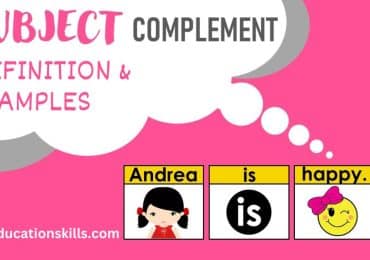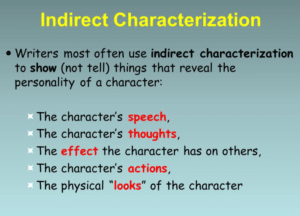Nowadays, we use technology to do anything: clean the house, order food, find a job. No wonder that the domain of education is subjected to transformations due to the rise of the Internet and gadgets too.
What Is Digital Education?
Digital education that can also be called e-Education, e-Learning, or Technology Enhanced Learning is the way to improve traditional educational approaches by using technology. Contrary to the common opinion, technology’s main goal is not to waste our time and make us addicted but, first and foremost, to make our life easier. There are many ways in which technology can make the educational process easier.
Technology Enhanced Learning can be divided into two main approaches: blended learning and online learning.
Blended learning is suitable for educational institutions where traditional offline activities can be improved due to various devices. Naturally, an institution needs to have a budget to purchase these devices for educational purposes. If this is impossible or can not be done quickly, an educator can also add online activities outside of the classroom. For example, sharing relevant material published online or creating web-based quizzes can be considered as blended learning. This does not require additional equipment, given that most of the students have smartphones or laptops.
Online learning is web-based and allows flexibility, cost-effectiveness, and many other benefits to students and professors. This type of education became extremely popular in the condition of the limitations caused by the global pandemic. Besides, international students do not need to spend their money on accommodation and transportation, which makes education more accessible. E-learning saves time as well, especially for those who need to combine studying with a full-time job or child care. Another way to spend less time on unneeded assignments is to use such services as essayservice that gather professional essay writers ready to help. Finally, online education is up-to-date, and it prepares students for the reality of remote jobs.
Related – Common Pitfalls of Marketing to Students
To sum it up, there is no reason to neglect online education in 2020. E-learning is flexible and convenient; however, it is necessary to mention that it requires a certain level of self-discipline and time-management. We will help you with some tips on how to make your online learning successful.
Guide: How to Make the Most out of Digital Education
Here we gathered some of the best ways to study online efficiently. The tips mentioned below will help you make the most of your e-learning and avoid procrastination and stress. You should understand that online-based classes are different from traditional ones, mostly because you are less dependent on your teacher and manage your time yourself. While this sounds great, it is also one of the biggest problems for some students. Remember that working on your time-management will help you a lot in your future working experience.
1. Organize your time
This tip is the most essential and difficult to follow. Your first thing to do should be an estimation of how much time you need for every assignment and, what is even more important, how much time you need to rest to be as productive as possible. Procrastination is usually caused by the fact that the work was not organized well. In online learning, no one tells you what to do and when: all you have is a deadline to hand in your assignment.
2. Plan
If you’ve ever worked on your paper the last night before the deadline, you were sure to ask yourself: “Why didn’t I start sooner?” This thought is quite common in these situations, and the stress implied by the situation is totally avoidable. Knowing when your deadlines are, how much information to learn, and how to divide the work to be done over the remaining days is incredibly important.
3. Set priorities
The best time to prioritize is at the beginning of the week or in the morning of each day (although some prefer to include planning into their evening routine to get ready for the next day). In this way, you know what to expect and can stay on the right path.
Also Check – University Assignment Writing: How to Improve it?
4. Take a break
Make rest a priority in your plan and make it a habit. A good idea is to take a half-hour break every two hours of learning. During this time, be sure to step away from where you are studying so that you clear your head.
5. Clear up and organize your workspace
When deciding to work from home, it’s important to create a good workspace for yourself. Make sure the place is quiet, organized, and that nothing will distract you. Do not keep unneeded things on your working surface to prevent distractions. Also, tell people around you that you don’t want them to disturb you. If you find it difficult to study at home or you don’t have enough personal space, go to study in a public place, for instance, in university libraries and freelance-friendly cafes.
6. Block distracting websites and apps
The Internet is a huge source of distraction. Indeed, social networks, online clothing stores, and games are very tempting. Before you even know it, the little online game you were playing had you wasting half an hour. To avoid this, go ahead and block certain websites. Many internet browser extensions allow you to block desired sites for a given time. Another idea would be to keep your smartphone in a silent mode.








